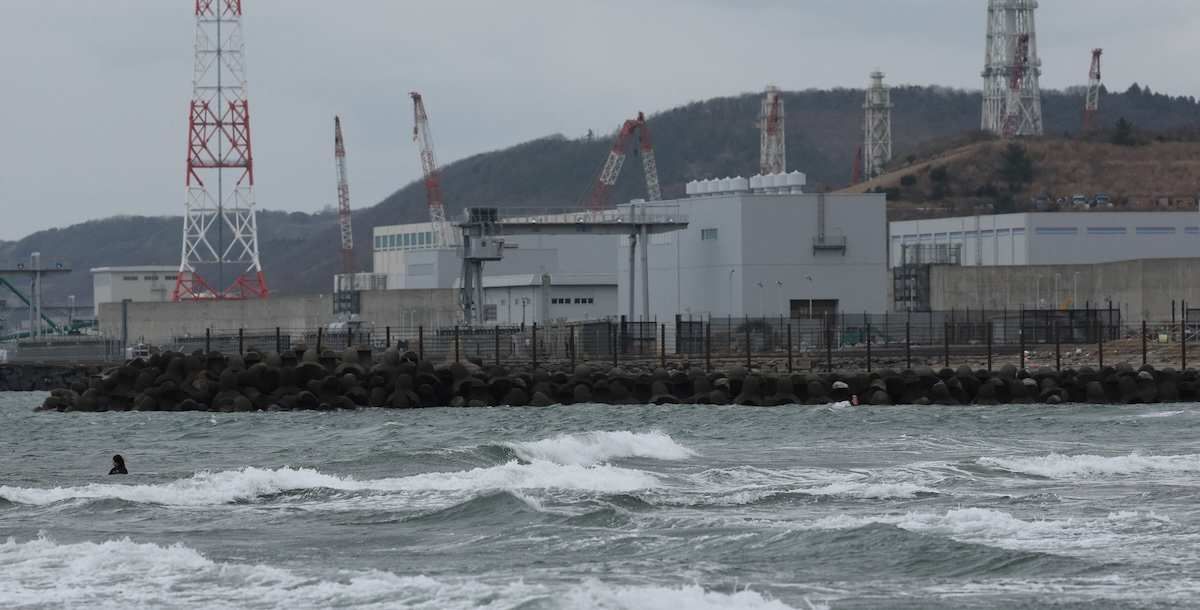News
February 15, 2019
WHAT WE'RE WATCHING
Fresh violence in Kashmir – A suicide attack yesterday on a convoy carrying Indian police officers in Indian-administered northern state of Jammu and Kashmir has killed at least 42 people. The attack by the Pakistan-based terrorist group Jaish-e-Mohammed is the deadliest local attack in decades and could spark a fresh cycle of violence between India and Pakistan, who both claim the region is rightfully theirs. Indian Prime Minister Narendra Modi quickly pledged to retaliate, and the Indian response could include cross-border shelling or even a more daring surgical strike against militants in Pakistan. More broadly, prospects for a lasting peace agreement in Jammu and Kashmir – once believed to be more likely with the election of Imran Khan in Pakistan last year – now seem more distant again.
Donald Trump's veto pen – The House of Representatives voted this week to cut most US funding for Saudi Arabia's military operations in Yemen, setting up a potential showdown with President Trump. The resolution now moves to the Senate, which passed a similar measure last year after the Saudi government's murder of journalist Jamal Khashoggi drew attention to the kingdom's destructive involvement in Yemen's civil war and resulting humanitarian crisis. If the Senate gives the green light, President Trump will have to decide whether to use the first veto of his presidency in order to protect Washington's long-standing but controversial relationship with Riyadh.
WHAT WE'RE IGNORING
The end of "The Philippines" – The famously blunt-spoken Philippine President Rodrigo Duterte wants to scrap his country's current name in favor of "Maharlika," a term that refers to the warrior class that ruled the islands before Spanish King Felipe II's explorers colonized the islands and named them for him (Felipe -> Filipinas = mind blown). The nationalistic name change idea isn't new. In the 1980s, Philippine dictator Ferdinand Marcos, whom Duterte admires, pushed the idea. But we are ignoring it because polls in the past have shown little popular interest in the idea. Plus, it takes a lot for a name change to stick. We haven't heard any one calling Czech Republic "Czechia", eSwatiniis still Swaziland to most, and you are definitely a sucker out-of-towner if you refer to New York's Triboro Bridge as "RFK Bridge."
Israeli translation corrections – Earlier this week, Israeli Prime Minister Benjamin "Bibi" Netanyahu caused a stir when he told a reporter that the Middle East peace conference he was attending in Poland was actually about forming a coalition to go to war with Iran. While his office quickly softened the official translation afterwards, it appears that Bibi really did say "war." Given that Bibi has always been extremely, and even comically, hawkish on Iran, we are ignoring the revised translation
More For You
Most Popular
Ukrainian serviceman walks near apartment buildings damaged by Russian military strike, amid Russia's attack on Ukraine, in the frontline town of Kostiantynivka in Donetsk region, Ukraine December 20, 2025.
Oleg Petrasiuk/Press Service of the 24th King Danylo Separate Mechanized Brigade of the Ukrainian Armed Forces/Handout via REUTERS
Ukrainian intelligence services assassinated a senior Russian general on the streets of Moscow on Monday, detonating a bomb strapped to his car.
French President Emmanuel Macron arrives at the July 14, 2025 military parade on the Champs-Elysees in Paris. - 14/07/2025 - France / Ile-de-France (region) / Paris
Julien Mattia / Le Pictorium.
1: French President Emmanuel Macron announced plans to build France’s first aircraft carrier in decades, as Europe accelerates rearmament.
- YouTube
Why you stressing? just keep it light. #PUPPETREGIME
© 2025 GZERO Media. All Rights Reserved | A Eurasia Group media company.
